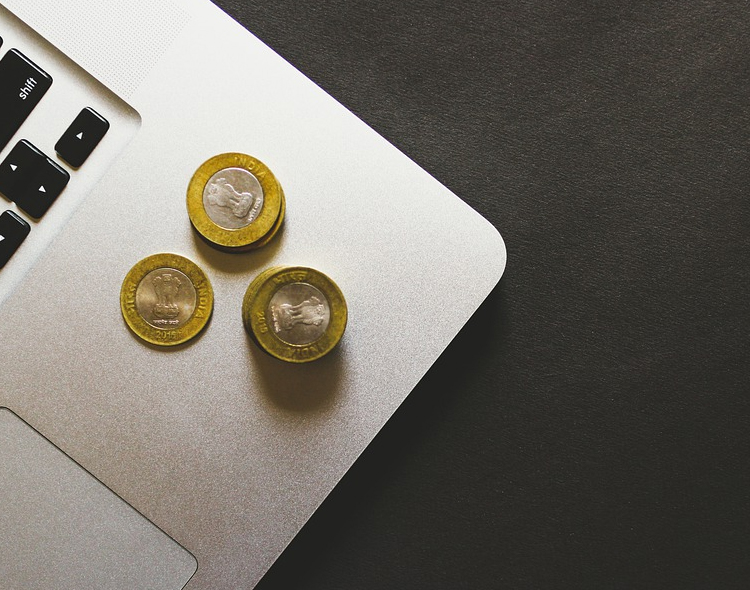Imagine being excluded from the formal financial system, unable to access traditional banking services and feeling powerless over your financial future. Unfortunately, this is the reality for many women in the developing world. The lack of access to formal financial services not only limits women’s financial opportunities but also puts them at risk of being excluded from social and economic development.
According to the World Bank, globally, women are 9% less likely than men to have a bank account, and this gap widens in low-income countries, where women are 20% less likely to have access to formal financial services. But what if there was a way to overcome these barriers and empower women financially on a global scale? That is where the rise of decentralized finance (DeFi) and cryptocurrency comes into play. Today, we have an unprecedented opportunity to promote financial inclusion and help women take control of their financial lives. So, how can we use this innovative technology to make a real difference in the lives of women around the world?
Also Read: The Rapid Connection Age of Insurance IT
Taking into consideration that DeFi operates on a decentralized, peer-to-peer network, that does not rely on traditional banking systems or intermediaries to function, it is accessible to anyone with an internet connection, regardless of location or financial status. For women who may not have access to traditional banking services, DeFi can provide a powerful alternative that allows them to transact, save, and invest in a secure and transparent way.
Moreover, DeFi offers a range of financial products and services that can be tailored to meet the specific needs of women in developing countries. For instance, decentralized lending platforms can help women access credit without the need to go through traditional lenders who may be biased or discriminatory. Decentralized insurance platforms can provide protection against unexpected events like illness or natural disasters, while staking and yield farming offer new investment opportunities that can help women earn passive income and grow their wealth over time.
However, promoting DeFi and cryptocurrency adoption in the developing world faces significant challenges. Lack of education and inadequate infrastructure to support DeFi and crypto adoption are major hurdles. Many women in these countries may not be familiar with cryptocurrency or may be hesitant to use it due to concerns about security or volatility. Additionally, they may lack access to reliable internet or mobile devices that can support user-friendly applications enabling them to manage their digital wallets and engage in financial transactions.
Also Read: YouTube Shorts Have Changed the Creator Economy; Here’s How Payments Plays a Critical Role
Despite these challenges, it is possible to build trust in these technologies and promote their adoption on a wider scale. Organizing digital literacy campaigns, investing in infrastructure, and supporting the development of DeFi and crypto-friendly policies can help promote financial inclusion and empower women across the developing world.
There is no doubt that DeFi and cryptocurrency offer immense potential for promoting economic empowerment and financial inclusion for women in the developing countries. By providing secure and equal-entry opportunities to access credit and other financial services, DeFi and cryptocurrency offer new avenues for women to take control of their financial lives and build a better future for themselves and their families. Therefore, continuing to invest in education, infrastructure, and policy frameworks is crucial in realizing this vision.
Also Read: Banks Must Seize Control of Their Dangerous Data Silos
[To share your insights with us, please write to sghosh@martechseries.com]
